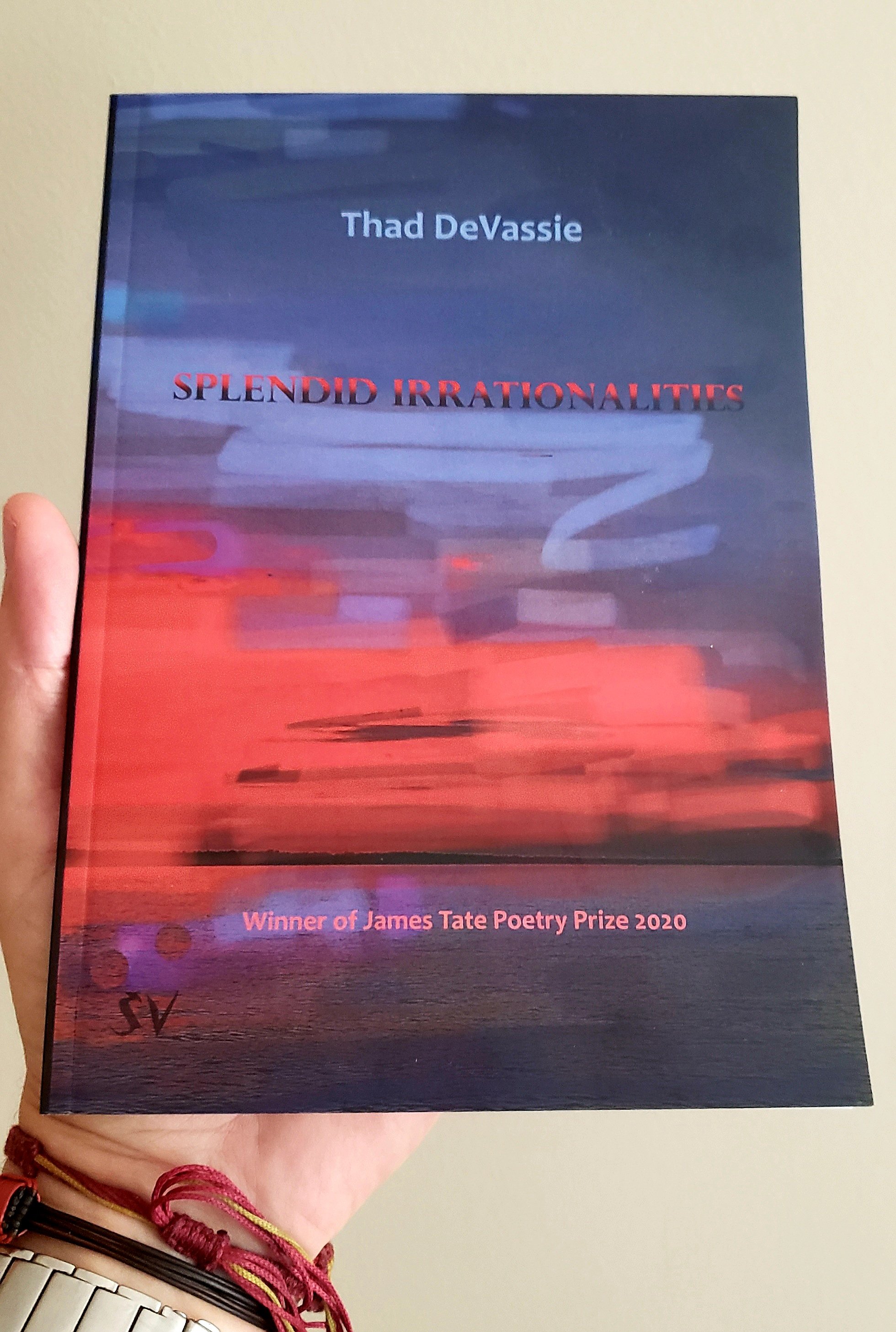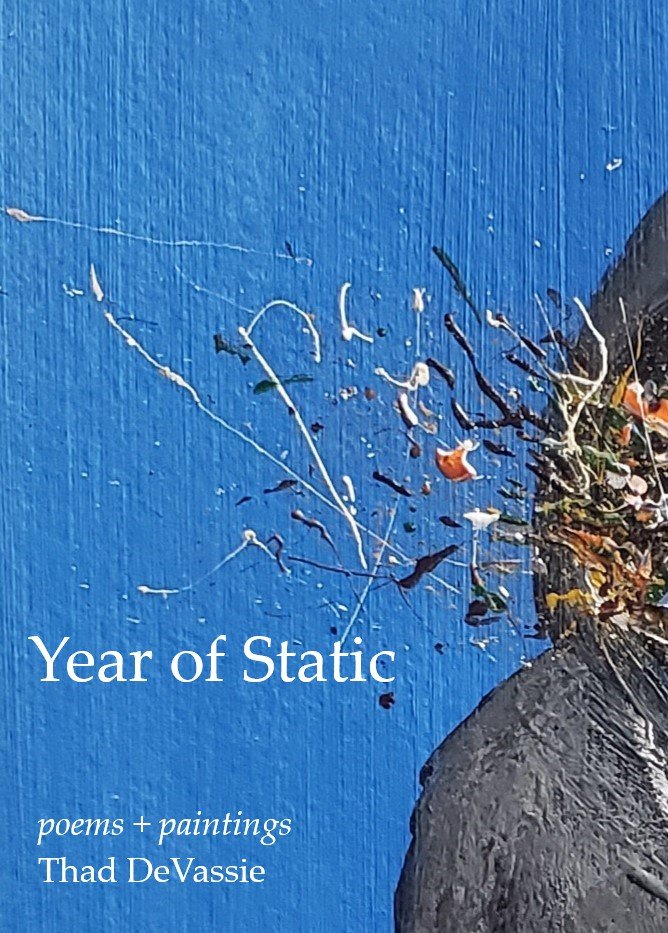I question everything I write.
Until I don’t.
That doesn’t mean I believe my drafts evolve into perfection.
Truth is I haven’t come close to writing the perfect piece, ever.
But what I’ve managed to learn over a few decades of writing is this:
The most important part of writing
is questioning and thinking about
what you just wrote.
This is the writer’s contemplative work that demands unmerciful scrutiny:
Is this really what you mean?
Will it resonate with the audience?
Did you use a helpful example or accurate analogy?
Did you allow jargon to slip in?
Can you say this differently but better, quicker, more human and conversational?
Is it reflective of the brand or individual you’re writing for?
Would you want to read this?
Does it educate or challenge what you think?
Does it make you want to take action?
Here’s an accepted truth:
Anyone can write and putting words on paper or a screen is easy.
But not everyone is a writer – and that’s okay and also acceptable. Not everyone is an engineer either. Which is why it’s helpful for non-writers to understand how writers do what they do.
Writing (the process) doesn’t look like
writing (the act) at all.
Writing is rooted in everything that is simmering before the first words are hammered out, after the first draft – and second, third or seventh – or however many are required until you land on a draft worthy of being final.
Writing includes thinking, mulling, stewing, questioning, arguing with yourself, walking away and letting first words calcify, returning to test if they are strong or brittle, tearing elements down and rebuilding.
It looks more like sculpting than writing. That’s because it is art.
Writing also involves letting someone with zero subject matter expertise read your draft to find out if they can follow it, to see if it makes sense even if they don’t know the technical details. Because simplicity outperforms the bravado of expert posturing. Which is to say…
Good writing is hard.
It is never automatic, and never a given.
Writing something good, once, is in no way a guarantee that your next thing will be any good. It requires doing the hard work from scratch, all over again with no shortcuts, in hopes that it too might become good.
The myth of great ideas.
Great ideas (epiphanies!) rarely “just happen” in a first draft or any draft. It’s like the fleeing fireworks display in the sky – it’s looks pretty, briefly, followed by hazy residue once the twinkle fades as you await what comes next. Instead, great ideas are the tortoises in these races to the finish line, always plodding a bit slower than we’d like but worth it in the end.
In fact, epiphanies aren’t unexpected, out-of-the-blue thoughts or ideas at all. They emerge when you prune and edit everything that’s been taking up space – in your brain and on the page. In this sense, the epiphany becomes sudden, recognizable clarity as bloated language and jargon get removed.
The great idea emerges after carefully working and examining the entire landscape and finding it has been hiding in plain sight all along.
Good writing is never over.
However, at some point it needs to be ready or complete. Complete means as far as you can take it, as well as you possibly can, with what you know right now. Because a few weeks or months from now you’ll look at what you wrote and find yet another way, possibly a better way to say it.
For people who don’t do a lot of writing, this takes entirely too long.
For writers, there’s always a desire for more time to allow the best ideas and language to emerge and mature. And that’s because writers know what’s at stake, writers know what the right words can unlock.
These days a lot of written content feels disposable, unhelpful, noisy [add your descriptor here].
It feels like fast food: quick, convenient, seemingly necessary, but also lacking. And just like fast food, disposable content feels even less fulfilling after its consumed.
It doesn’t have to be this way.
Even the shortest post can have a powerful impact.
The deception is in how easy it appears (but now you know the truth).
Slow down.
Think it through (ask more Qs and then think some more).
And then write some really good sh*t.
** For the record, I wrote and edited this piece across multiple days and sittings, challenging myself and what I believe about the process. Nothing comes easy.
*** The photo image is the cover of Steven Pressfield’s book of the same title and is a must read for writers.








